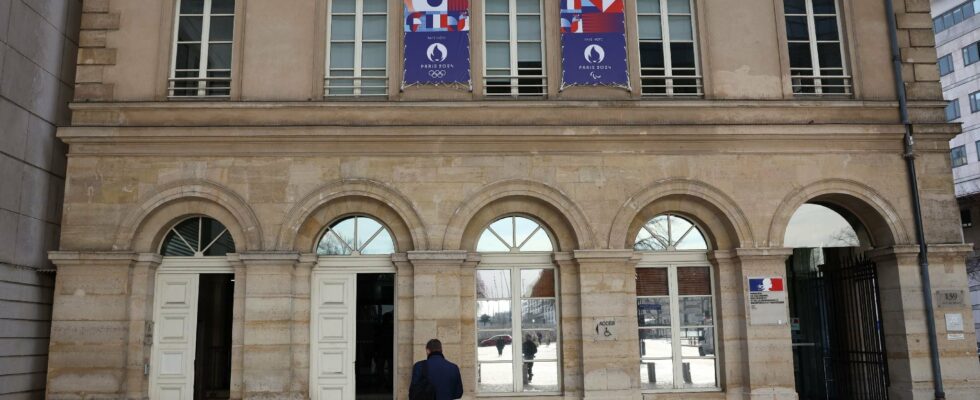“It’s 1981 to the power of 10.” Listening to Bruno Le Maire, minister on reprieve at Bercy, the French economy will not support the budgetary big bang announced in the programs of the New Popular Front or the National Rally, comparable to that caused by the recovery policy of François Mitterrand. It’s true: the measures promised by Jordan Bardella or the future Prime Minister of the New Popular Front – if one or the other arrives at Matignon – have in common that they add up expenses, in the craziest demagoguery. On July 8, we shave for free. Everything is allowed. In the name of purchasing power – but do we remember that it has increased in France in recent years? -, the two parties leading in the polls follow to the letter a practice as old as Herod: ever more prodigality, while carefully ignoring the revenue column – except to explain that we will take the money from the pockets of immigrants or the rich…
As soon as the dissolution was announced, Bruno Le Maire ran his calculator: the measures advocated on the left and the far right amounted to hundreds of billions of euros… Enough to put France on the hook. So far, the Minister of the Economy is right. But comparison is not right. Because if our current candidates are as clueless as the left of the time, the context has completely changed. In 1981, France lived in a closed economy, under the threat of a devaluation of the franc: once the coffers were empty (that is to say very quickly), the Mauroy government had to bail them out with American and Saudi banks. . Too strong, the financial and monetary constraint led to the turning point in austerity in 1982…
The worst is paradoxically not certain
Today, France is under pressure from the financial markets, reflecting the legitimate concern of foreign investors. “They are not yet too afraid, but they can react very brutally during a political event,” warns François Ecalle, president of the Fipeco agency.
We saw in the United Kingdom in the fall of 2022, with the short-lived Liz Truss government, how the markets could sanction the announcement of a disastrous policy. This is what awaits us today, warns Bruno Le Maire. But the one who has run the Bercy store for seven years forgets two things. First, the lax management of public finances has already thrown France into the second division, as evidenced by the downgrading of its rating by the S&P agency. “Today, French risk has increased and exceeds that of of Portugal”, warns a leading finance expert.
Then, the worst is paradoxically not certain. Unlike 1982, France can this time count on the European umbrella: as it did with Greece, the European Central Bank (ECB) has the possibility of intervening if France is attacked by the financial markets while waiting for calm to return. This famous ECB, so hated by populists of all stripes, could, tomorrow, serve as a shock absorber for the predicted financial crisis. Without saving the honor of the country.
